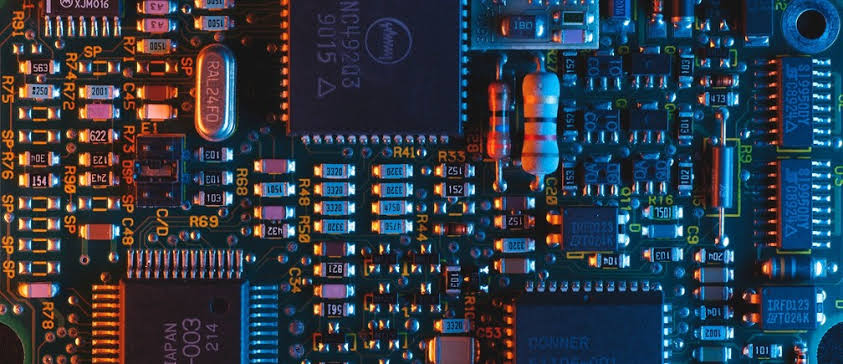
A new and proficient protocol for evaluating the rightness of quantum computations has been made by Samuele Ferracin, Animesh Datta and associates at the UK’s University of Warwick. The group is presently teaming up with exploratory physicists to assess the protocol on nascent quantum processors.
Quantum computing has been progressing quickly and physicists are currently in the beginning times of building quantum processors that can beat supercomputers on certain computational errands. Be that as it may, quantum computations can without much of a stretch be upset by environmental noise, which destroys quantum data in a procedure called decoherence. Subsequently, it is urgent to guarantee that a quantum computer has done the necessary calculation and has not fallen prey to decoherence.
Datta clarifies, “A quantum computer is only useful if it does two things: first, that it solves a difficult problem; the second, which I think is less appreciated, is that it solves the hard problem correctly. If it solves it incorrectly, we had no way of finding out.”
The conventional method for checking is to do the calculation on a conventional computer and afterward look at the outcomes. While this is feasible for simple computations, even the most dominant supercomputers won’t have the option to check the work of future quantum computers. Undoubtedly, utilizing tremendous amounts of conventional computing power to do this defeats the purpose of creating quantum computers.
Ferracin and partners adopt an elective strategy that includes having a quantum computer run a series of simple calculations, whose solutions are as of now known. The protocol includes calculating two qualities. The first is the means by which close the quantum computer has gone to the right result and the second is the level of trust in this estimation of closeness.
These parameters enable the analysts to put a statistical boundary on how far the quantum computer can be from the right answer to a much more troublesome issue.
Having sharpened their protocol in the course of recent years, Ferracin and associates are currently working together with experimentalists, empowering them to discover how well the scheme performs in real quantum computers.
Looking to the future, the group trusts that its protocol will enable quantum computers to do calculations that are inaccessible even to the most dominant traditional supercomputers. “We are interested in designing and identifying ways of using these quantum machines to solve hard problems in physics and chemistry, to design new chemicals and materials, and to identify materials with interesting or exotic properties,” says Datta.
Gook Jahn is a writer for heraldquest.com. Writing has always been his passion. He joined Herald Quest after getting a Master’s Degree in creative writing at University in England. He writes some articles, essays. Now he connecting the Herald Quest.
Disclaimer: The views, suggestions, and opinions expressed here are the sole responsibility of the experts. No Herald Quest journalist was involved in the writing and production of this article.